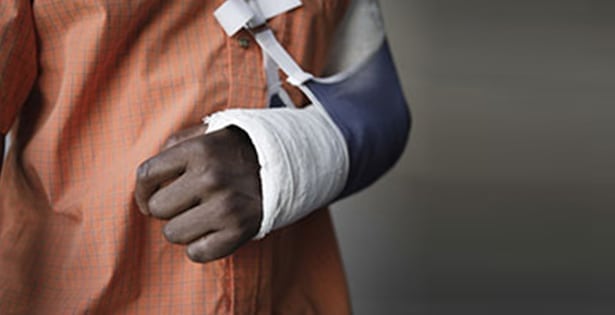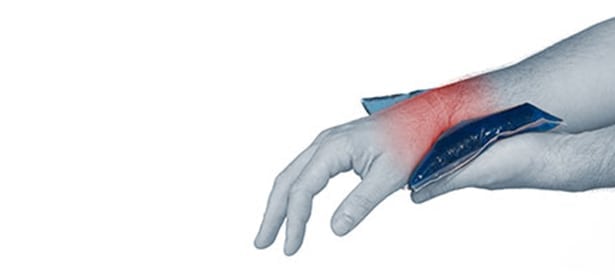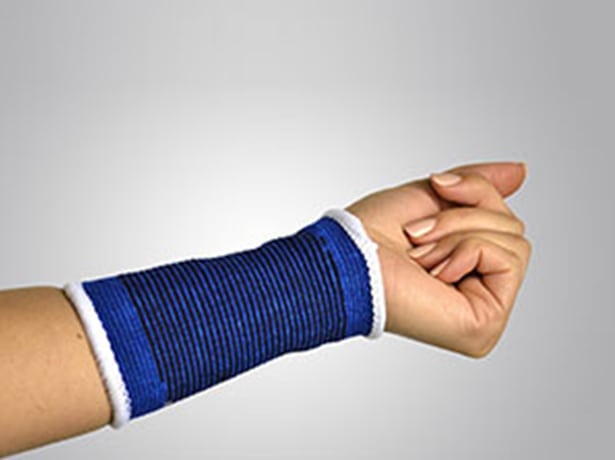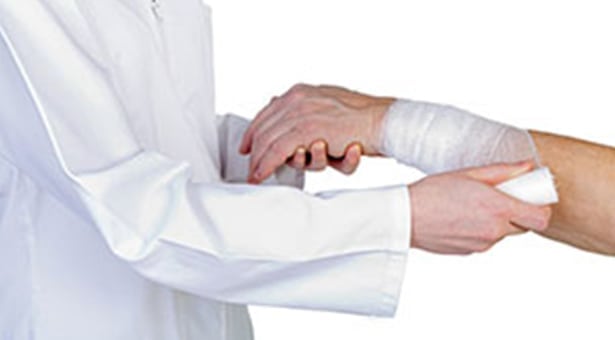
Our hand doctor can help you use your hands without discomfort.
To learn more about how a hand doctor in Orange County can help you with your situation, contact our office today. No matter what job you work at or activities you are involved in, it is likely that you rely on your hands.
- Experiencing chronic pain or stiffness in your fingers, hands and wrists can prevent you from being able to as involved in a happy and healthy lifestyle
- If the pain or stiffness in your hands are affecting your quality of life, a hand doctor in Orange County may be able to help
CONTACT US TODAY
What Does a Hand Doctor Do?
Hand doctors are trained to diagnose and treat conditions or diseases that can affect your hands and wrists. Many hand specialists also have specialized expertise when it comes to the elbow and arm. Depending on the condition or disorder you are suffering from, your hand doctor may treat your hands and wrists using non-invasive treatments and surgery.
Because hand doctors have specialized training, they are more familiar with the conditions and disorders that can cause pain and stiffness in the hand and wrist. This means that they may be able to provide a more accurate diagnosis quickly. Additionally, hand specialists may also know how best to treat the different injuries or conditions that you may be suffering from.


What Conditions Can Cause Hand Pain?
Hand specialists treat a number of conditions that can affect the bones, tendons, muscles and skin of the hands. Some conditions can be caused by overuse or injuries that occur in the workplace while others result from genetics and degeneration. The hand doctor is able to diagnose and treat all of the common conditions that can affect hands, regardless of what causes the condition or how long you have been experiencing it.
Some of the most common problems that can cause hand pain include carpal tunnel syndrome, sports injuries that occur to the hand and wrist, fractures in hand bands, wrist bones or forearm bones, and trigger finger. Degenerative disorders that can affect the hands may include arthritis, nerve injuries that prevent full use of the hand and even congenital limb differences.
Diagnosing Hand Pain
When you go to your first appointment with an orthopedic hand doctor, the specialist will talk to you about your medical history and ask questions about the hand or wrist pain you are experiencing. You should be able to tell the doctor when the pain started, if you are experiencing other symptoms or if you were involved in an activity when the pain began. Once your hand specialist has a firm grasp of your medical history, they may perform a physical exam.
During the physical exam, the doctor may manipulate the hand and wrist joint to see if the problem potentially lies with the bone or the soft tissue. The doctor will also look for where the pain is occurring, areas of tenderness and if there is significant swelling. Based on the results of the physical exam, lab tests or imaging tests may be ordered to get a better idea of what is going on.
Imaging tests include X-rays, CAT scans, MRI, bone scans and video fluoroscopy. Each test looks at something different within the hands and wrists. For example, X-rays can help hand doctors diagnose problems in the bone, such as fractures, arthritis and bone spurs. Computerized axial tomography scans, or CAT scans, can provide cross-sectional images of the bones and soft tissues. The hand doctor may use an MRI to look at the cartilage surrounding the bone. Blood tests may also be taken if it appears there may be an infection in the joint.


Which Treatments Are Available?
Because there are many conditions that can cause hand and wrist pain, you may need specialized treatment. In some cases, restricting movement with a brace may allow the injury to heal. Combined with pain medication, your hand and wrist may be back to normal in just a few weeks. If you suffered from a stress fracture or similar injury, a cast may allow the bone to fully heal and prevent any further damage.
If the break is severe or the bone did not set properly, surgery may be needed. Once your hand and wrist have had a chance to heal, the hand doctor may recommend physical therapy to reduce stiffness and pain from lack of use.
If your doctor determines that surgery would be beneficial, your doctor will help you understand exactly what you should expect from your procedure. You will also receive instructions about what to do leading up to and following your procedure in order to minimize risks and encourage healing. It is important to follow these steps carefully.
In the case of arthritis and other degenerative disorders, surgery can potentially fix the damaged joint. However, it is likely that your hand doctor will start with medications that can slow down bone loss and prevent further damage from occurring. For example, corticosteroids can control inflammation in the hands that may be causing pain. Analgesics may directly target the pain caused by arthritis and degeneration in the joint. Exercises and physical therapy can also help you keep the joint limber and usable.
Your doctor may provide you with simple exercises and stretches that you can do at home in order to speed up the healing process.
If you are suffering from ongoing pain in your hands and wrists or your hand joints have become stiff and hard to use, it is time to talk to a hand doctor in Orange County. Not only can your doctor help you figure out why you are feeling and stiffness, but they may also be able to treat the problems so you can live an active, healthy life.
Contact our office today to schedule your first appointment with a top hand doctor in Orange County. We look forward to helping you find ways to go about your regular daily activities without suffering from pain or discomfort.

